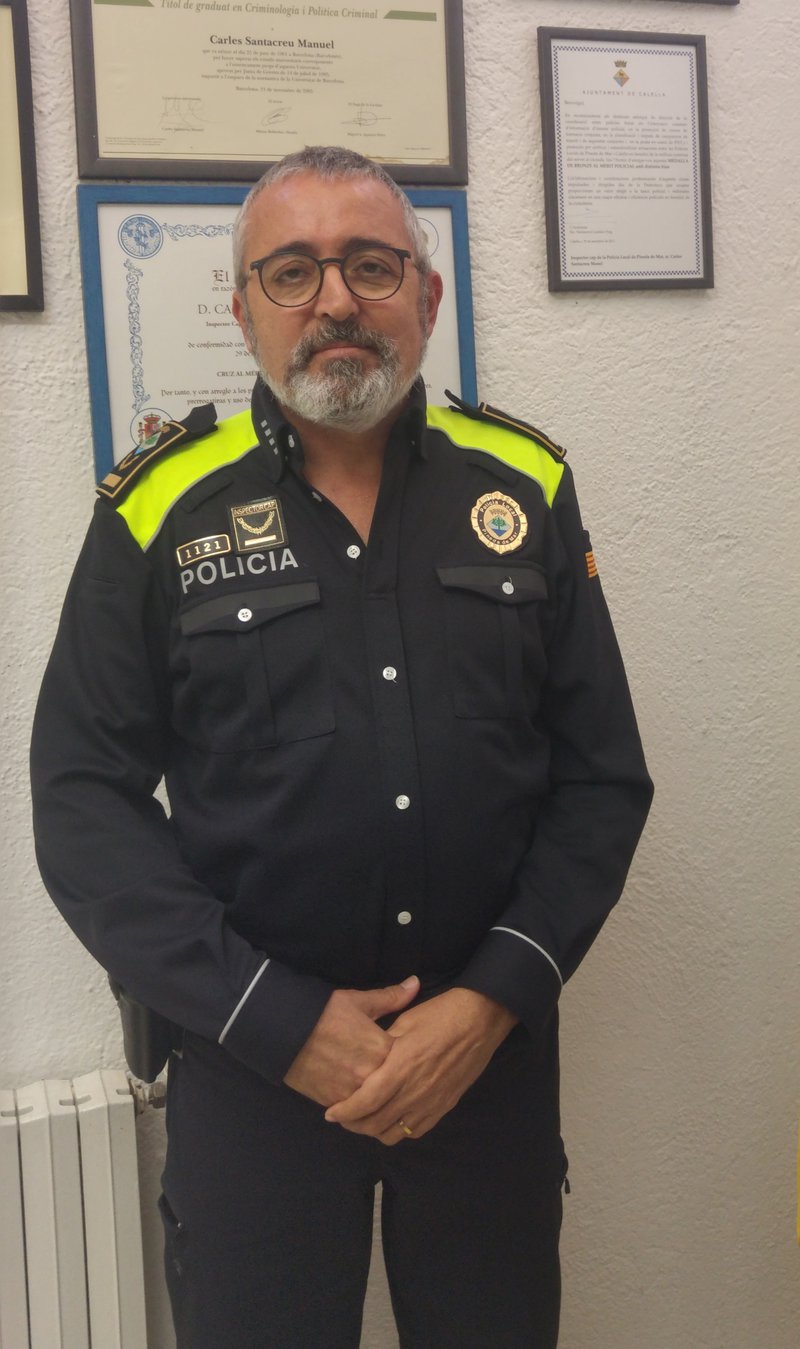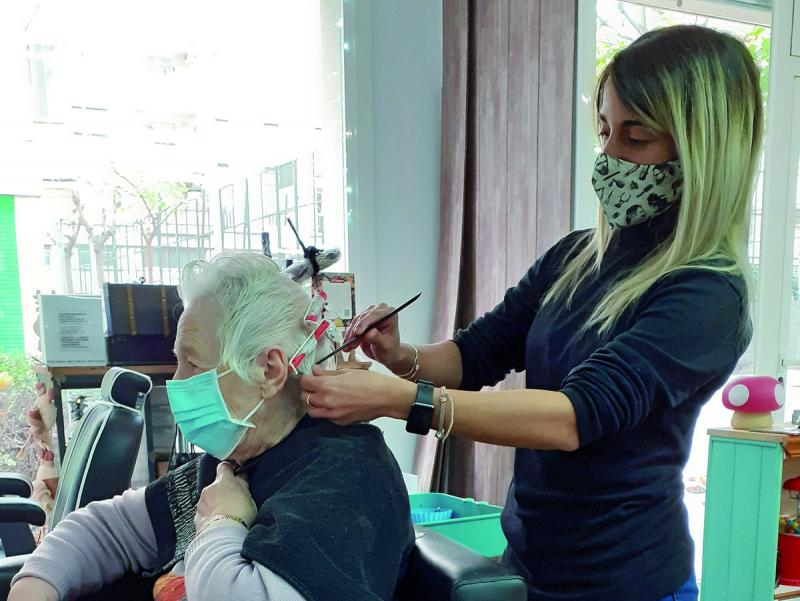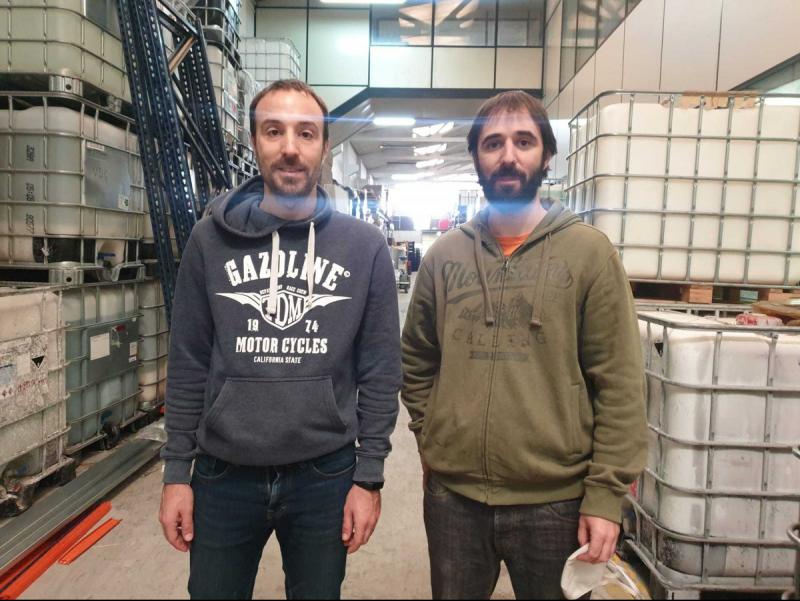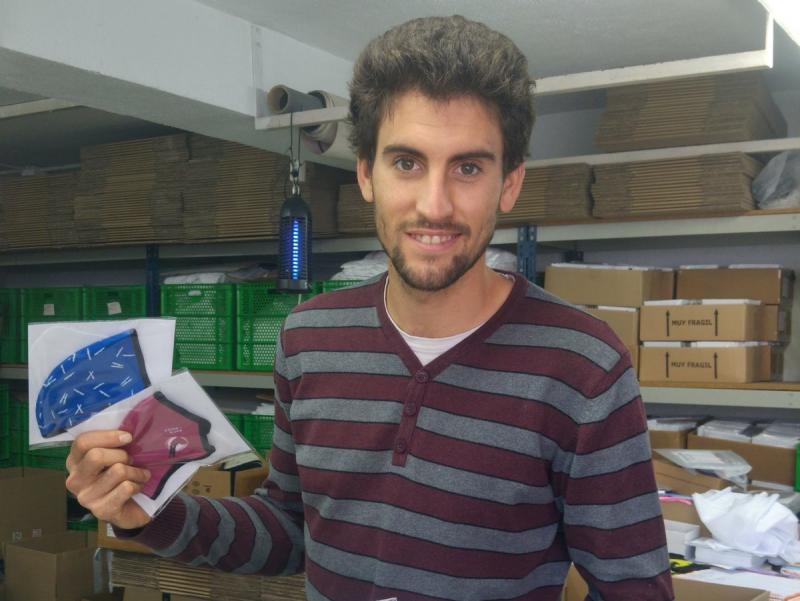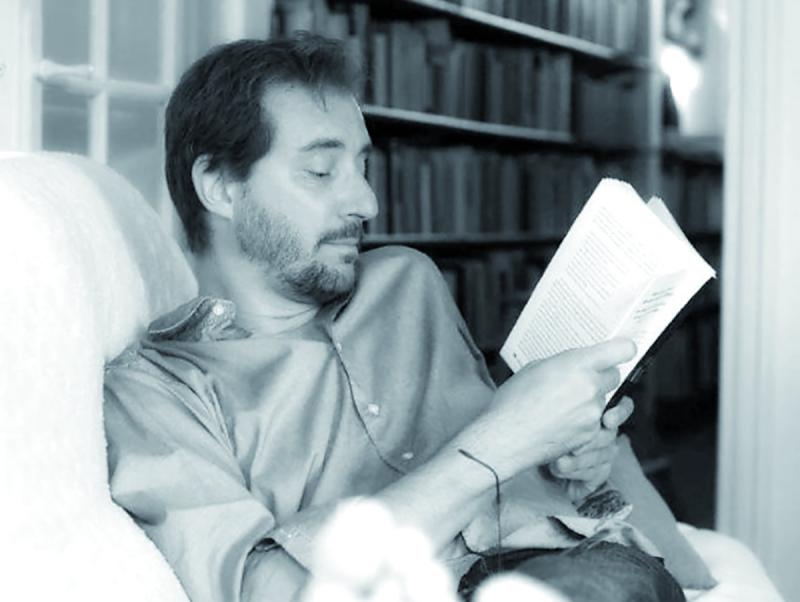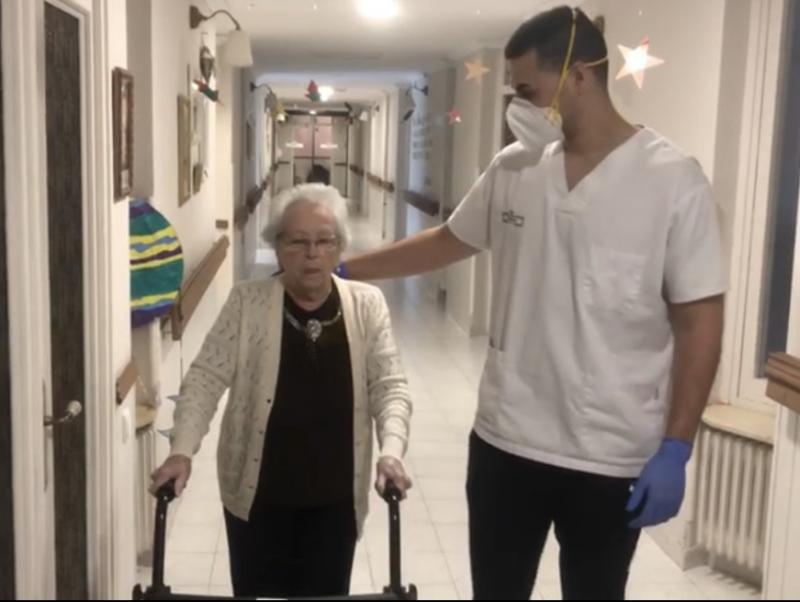Carles Santacreu
CHIEF INSPECTOR OF THE LOCAL PINEDA POLICE
“Most people have accepted the rules”
THE HARDEST THING “The most difficult thing for people is to wear a mask and avoid groups and ’invisible terraces’”
Carles Santacreu has been head of the local police in Pineda de Mar for twelve and a half years, and has more than 34 years of experience in the police force in different towns. He states that from the perspective of his job, in the service of the public, the most difficult thing has been adapting to the demands of the pandemic that are not strictly policing issues.
“We’re talking about areas that were not ours but that have been left to us, such as asking people to put on masks, not to gather in groups, not to break the curfew. In addition, we usually work with long-term rules but with the pandemic, the orders that come down change every day,” he points out.
Santacreu recalls that in the past six months he has compiled a very large index of orders – about 120 documents in all – that he shared daily with his officers: “We had to adapt, because there was no other way to handle it.”
According to the Pineda chief inspector, “the vast majority of the public have accepted the rules, no matter how changeable they may be.” “Responsible and civic-minded people tend to do that in any situation, but the percentage of less civil and anti-system people following the rules has also remained more or less stable during the Covid-19 crisis,” he says, adding that there have not been more infractions than normal in the municipality since the pandemic began. However, he acknowledges that there are three impositions that people have generally found harder to comply with. “Wearing a mask properly and avoiding groups and what we are calling ’invisible terraces’, which are the gatherings of people around the bars when they go to get a takeaway coffee,” he says, adding that this is the result of “people here being unaccustomed to the Anglo-Saxon takeaway culture.”
According to the police inspector, the stories about people coming up with a thousand and one imaginative ways of bypassing the lockdown rules in March is mostly an urban legend. “It’s true you would come across the local man walking around town all morning with a loaf of bread under his arm, or people taking the dog out 20 times a day, but the streets were mostly empty, especially in the less commercial areas,” he says.
At the same time, Santacreu stresses that the public also gave the police a lot of support. “We have never been applauded so much as during the lockdown. Sometimes, when local people saw a patrol, they would clap their hands spontaneously,” he says.
Yet, the chief inspector is less approving of other more exuberant examples of behaviour, especially those by some police officers that even went viral on social media. “We were asked to mark birthdays by sounding the siren of patrol cars, dancing or carrying balloons, but it was obvious that we could not and should not do that, no matter how much fun it seemed. It wasn’t serious or appropriate,” he recalls. He has no juicy anecdotes of the past nine months, although he does recall some local residents handing officers packs of water bottles.
No days off
One of the first measures implemented at the Pineda police station was to guarantee the presence and availability of the entire staff through the cancellation of days-off and holidays. “It was a great sacrifice by everyone, but it was clear that we had to ensure the maximum protection of the population,” he says, noting that the good attitude of the officers made policing the pandemic easier. “There has been criticism, as there always is from some people dissatisfied with certain actions by the police that they consider unsatisfactory, but I can assure people that we are aware that this is an extraordinary situation, even if it is going on for a long time,” he points out.
Pineda de Mar is a town with a large number of second homes, which at the time made it a place where the police tended to catch people trying to skip the weekend lockdowns. “The most common explanation was that they understood that they could move around the province of Barcelona, not just the city of Barcelona. We told them that we understood the confusion but that they could not avoid the fine because the rule was very clear and they had broken it,” says the police chief.

